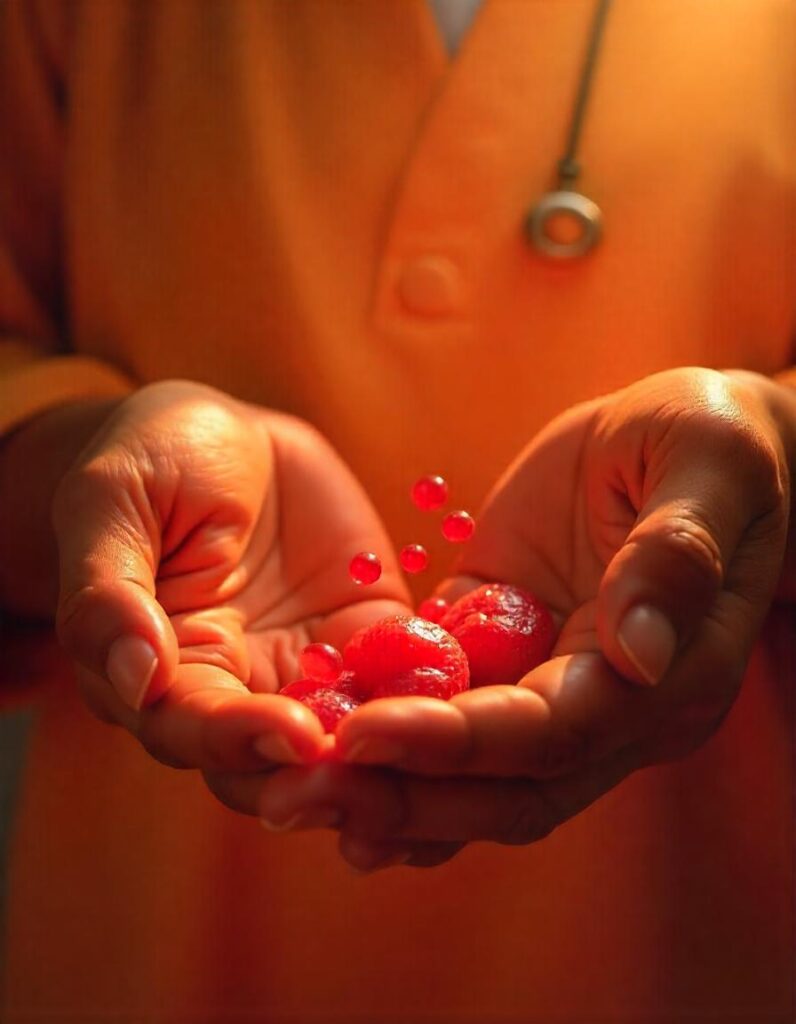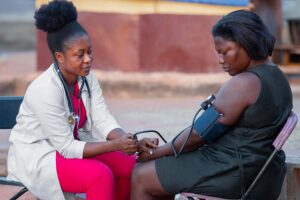The need for blood and platelets continues to rise, with hospitals and medical facilities seeking new donors to help save lives. While blood donation is well-known and widely practiced, platelet donation is often misunderstood. But what exactly is platelet donation, and how does it differ from donating blood? This guide will dive into the essentials of platelet donation, why it’s critical, and how it can help save lives in ways that blood donation alone cannot.
What is Platelet Donation?
Platelet donation involves giving a specific part of your blood—the platelets—rather than the whole blood. Platelets are small cell fragments that help with blood clotting and healing injuries. While blood donation involves the collection of all blood components, platelet donation is a more targeted process.
Platelet Donation vs. Blood Donation: Key Differences
When you donate blood, all components—red blood cells, white blood cells, plasma, and platelets—are collected. This blood is then separated into its individual components and used for various purposes, such as treating anemia, trauma victims, or surgical patients.
In contrast, platelet donation focuses on collecting platelets from your blood. This process typically uses a machine that separates your platelets while returning the rest of the blood to you. Platelet donations are particularly important for patients undergoing chemotherapy, treating certain blood disorders, or suffering from traumatic injuries, where platelets are needed to stop bleeding.
Why Platelet Donation Matters
Platelets are crucial for people with severe illnesses like leukemia, lymphoma, and other cancers. These patients often undergo treatments that compromise their blood cell production, making platelet transfusions essential for their recovery. For example, chemotherapy and radiation therapy can lower a patient’s platelet count, leading to a higher risk of bleeding. Platelet donations are vital in replenishing their platelet count, making the treatment process more effective and reducing life-threatening complications.
In Nigeria, Oneus is a leader in promoting the importance of platelet donation and educating the public on its differences from regular blood donation. They provide a reliable platform for those interested in giving blood and platelets, making the donation process easy and accessible.
The Process of Platelet Donation
Platelet donation is a simple yet highly specialized procedure. It begins like blood donation, where you’ll be seated comfortably, and a needle will be inserted into your arm. However, in platelet donation, a machine separates your platelets from the rest of your blood. The remaining blood components—plasma, red blood cells, and white blood cells—are returned to your body. This process takes about 90 minutes, and you can donate platelets as often as every two weeks.
Blood Donation vs. Plasma Donation
While platelet donation is often confused with plasma donation, they are distinct processes. Plasma donation involves giving the liquid part of your blood, which contains water, proteins, and electrolytes, among other components. Plasma is vital for patients with clotting disorders, burns, or shock. The plasma donation centers in Nigeria help collect this essential component, while plasma donation helps treat a range of conditions, including severe burns and trauma.
The Benefits of Donating Platelets and Blood
Donating platelets and blood comes with several health benefits, beyond the obvious of helping others. For instance, regular blood donation may lower your risk of heart disease by reducing the levels of iron in your blood. It can also stimulate the production of new blood cells, ensuring that your body remains in optimal health.
For the skin, blood donation has been linked to improved circulation, which may contribute to healthier, more vibrant skin. More importantly, the act of giving blood and giving platelets is a noble cause—your donation can save lives.
How Oneus Makes Platelet Donation Easy in Nigeria
Oneus’s mission is to make platelet donation easy, safe, and accessible to everyone in Nigeria. They offer a comprehensive blood donation website where you can learn more about the blood donation process, including platelet donations. By partnering with reputable plasma centers and blood banks across Nigeria, Oneus ensures that donors are matched with the right needs, streamlining the donation process.
Additionally, Oneus provides clear guidance on where to donate blood, whether you are interested in giving plasma or platelets. If you’re wondering about the cost of cord blood banking or private cord blood banking, Oneus is here to provide information to help you make informed decisions about saving lives.
Risks of Not Donating Blood or Platelets
Not donating blood or platelets can have serious consequences. Without enough donors, hospitals may struggle to provide life-saving treatment for patients in need. For example, accidents or surgeries may require immediate platelet transfusions to stop bleeding, and failure to have enough donations on hand can put lives at risk.
Platelet Donation FAQs
- Who can donate platelets? Anyone who is healthy, over 18, and weighs more than 50 kg can donate platelets.
- How often can I donate platelets? You can donate platelets once every two weeks.
- Where can I donate platelets in Nigeria? Oneus partners with various plasma donation centers across Nigeria for easy access to donation locations.
Take Action: Give Blood, Save a Life!
Every donation counts, whether it’s blood or platelets. Your contribution can make a difference in the lives of cancer patients, accident victims, and those undergoing surgeries. It’s an act of kindness that could save someone’s life.
If you’re ready to donate, give blood, save a life—Book your donation now! Contact us at info@oneusng.com, call +234 902 168 2822, or visit www.oneusng.com to schedule your donation today.
By donating, you help keep the lifeblood of Nigeria flowing. Share this guide with others to encourage them to give and make a difference!




